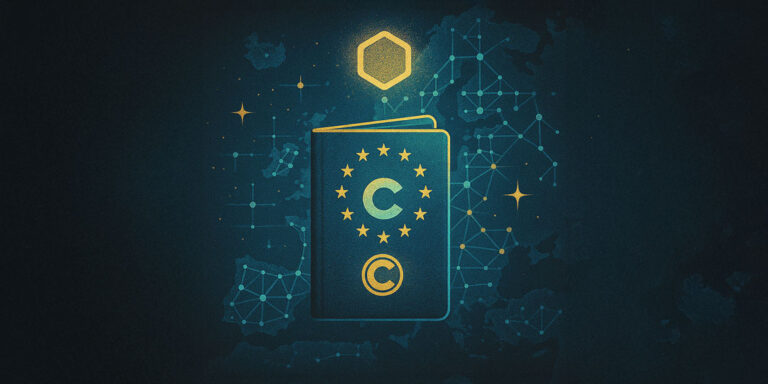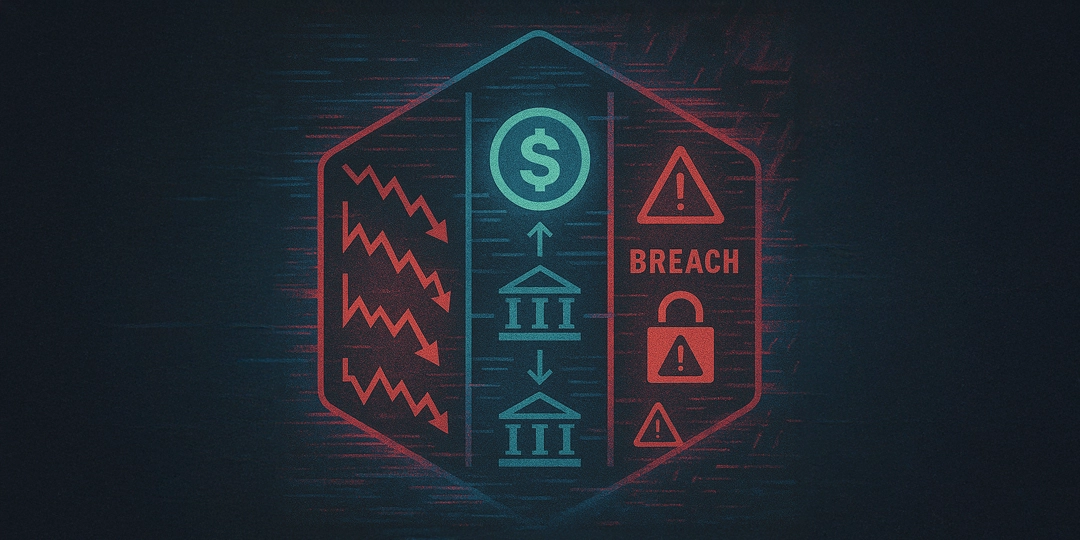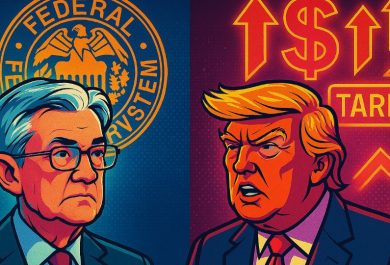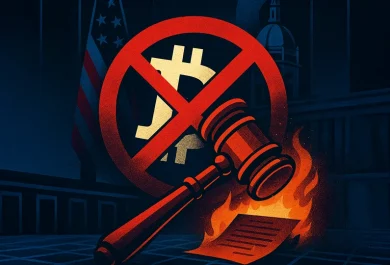Coinbase just pulled off a major power play. The crypto giant has officially snagged its golden ticket, a full MiCA license, straight from the heart of Luxembourg. This isn’t just another permit; it’s the master key that flings open the doors to all 27 European Union countries. Suddenly, offering trading, staking, and custody across the entire bloc just got a whole lot smoother for Coinbase.
Why Luxembourg?
Luxembourg might be small, but don’t underestimate it. Coinbase didn’t pick this cozy Grand Duchy by throwing a dart at a map. Nope. They went all-in because Luxembourg has been quietly building a real crypto-friendly fortress.
We’re talking a whole-of-government strategy, meaning everyone from finance ministers to tech geeks is singing from the same blockchain hymn sheet. Plus, they’ve passed four solid blockchain laws since 2019. That’s not just talk; that’s a serious commitment. So, why not Luxembourg? It stands out: Clear rules, a government that gets it, exactly what is needed for digital assets. Hard to argue with that logic.
Stitching the patchwork quilt together
Remember the pre-MiCA days? Navigating crypto regs in Europe felt like running an obstacle course blindfolded. Different rules in Germany, France, Spain, Italy… you name it. Coinbase, being the thorough pros they are, methodically secured licenses in six of those big players over the last few years. But MiCA, finally fully live since last June, promised a better way: one license, accepted everywhere. Luxembourg became their chosen home base for this EU-wide passport.
“Look,” Coinbase explained, “We’ve been grinding, working with regulators everywhere from Berlin to Dublin. Now, MiCA lets us unite all that under one roof. Millions of Europeans get regulated, trusted crypto services, simple as that.” It’s a huge win for user access. No more “Sorry, not available in your country” messages within the EU for Coinbase core services.
The regulation shopping whisper
But here’s the juicy bit. Coinbase choosing tiny, forward-thinking Luxembourg inevitably sparks chatter. Are big players now “regulation shopping”? Hunting for the friendliest, most efficient regulator within the EU club? While MiCA sets the baseline rules for everyone, let’s be real—how those rules get applied day-to-day can still vary. Will other exchanges follow Coinbase’s lead and cozy up to smaller states known for their crypto savvy? It’s a trend worth watching closely.
What does this mean for you & crypto?
For Coinbase: Massive sigh of relief! Managing one major EU license beats juggling half a dozen any day. Huge cost and complexity cuts. They’ve just cemented themselves as Europe’s heavyweight, regulation-compliant champ. A masterstroke.
For EU crypto users: Simplicity wins. Seamless access to Coinbase’s main offerings, no matter if you’re sipping espresso in Rome or enjoying a bière in Brussels. Stronger consumer protections, clearer rules—it’s the unified crypto experience MiCA promised, finally landing. Big thumbs up.
For crypto overall: This is huge validation. If a player like Coinbase can smoothly navigate MiCA and make it work, it tells the world the EU’s framework isn’t just paperwork—it functions. Expect other global exchanges to hustle for their own MiCA passports pronto. It screams industry maturity.
The bottom line
Coinbase’s Luxembourg move is way more than ticking a box. It’s a strategic slam dunk, simplifying their EU ops under the shiny new MiCA standard. For users? It means easier, safer access. Yes, the “regulation shopping” debate will simmer, but the real story is this: Europe’s crypto landscape just got significantly less fragmented and a whole lot more user-friendly. As Coinbase put it, it’s a true “milestone.” Proof that clear rules and crypto innovation can, surprisingly, be best buds. The race for Europe just entered hyperspeed. Buckle up!
















